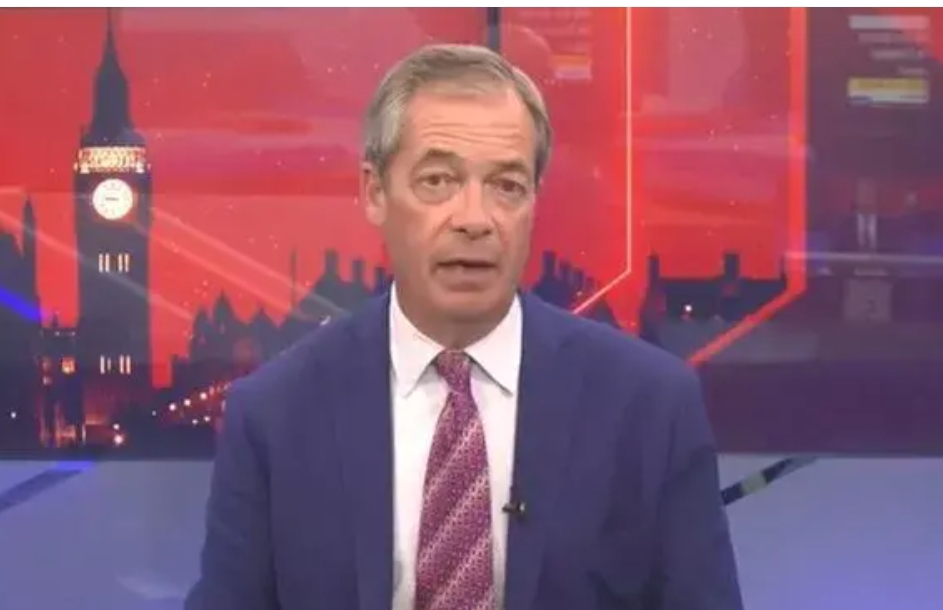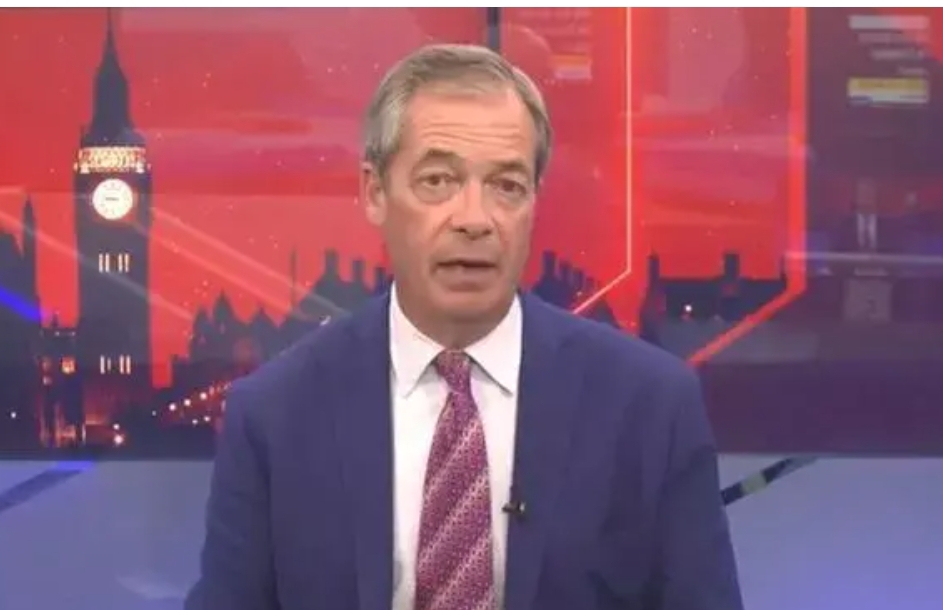
In a stark warning on his GB News program, Nigel Farage, the former UKIP leader and current broadcaster, predicted that the ongoing migrant crisis could spell doom for the European Union (EU), both politically and socially. Farage’s comments come in the wake of a surge in migrant arrivals on the Italian island of Lampedusa in recent days, reigniting concerns over the EU’s handling of its asylum policy.

Drawing upon his past experience as a Member of the European Parliament (MEP) in 2015, Farage asserted that he had vehemently cautioned Brussels about the potential consequences of a common asylum policy. He argued that allowing anyone who crossed the Mediterranean and set foot on EU soil to stay would lead to a “disaster,” a prediction he maintains to this day.
Speaking on his GB News show, Farage declared, “Well, it’s not as if I didn’t warn them. I told them that the implementation of an EU common asylum policy, which basically said anyone that crossed the Mediterranean and set foot on EU soil could stay, I warned them it would be a disaster.”
Farage’s remarks have brought renewed attention to the contentious issue of migration within the EU, as member states grapple with the complexities of asylum policy and the influx of migrants from various regions.
The recent surge in arrivals on Lampedusa has exposed the challenges facing the EU in managing its borders and providing humanitarian assistance to those seeking refuge. This situation has also sparked renewed debates about the EU’s ability to maintain cohesion and unity among its member states, as different countries adopt varying stances on migration policy
According to reports by Express on Tuesday, September 19, 2023, Farage’s warning comes at a time when EU leaders are facing mounting pressure to address the migrant crisis effectively. The EU has been working on reforms to its asylum and migration policies, aiming to strike a balance between humanitarian concerns and the need for secure borders. However, finding common ground among the 27 member states has proven to be a formidable challenge.
Critics argue that Farage’s prediction of political and social destruction may be an exaggeration, but they acknowledge that the migrant crisis poses a substantial test for the EU’s unity and decision-making capabilities.
As the EU grapples with this complex issue, the coming months will likely see intensified discussions, negotiations, and potential policy changes aimed at finding a sustainable and humane solution to the ongoing migrant crisis. Whether Farage’s warnings prove prophetic or not, they serve as a reminder of the urgent need for coordinated action and cooperation within the EU to address this multifaceted challenge.




